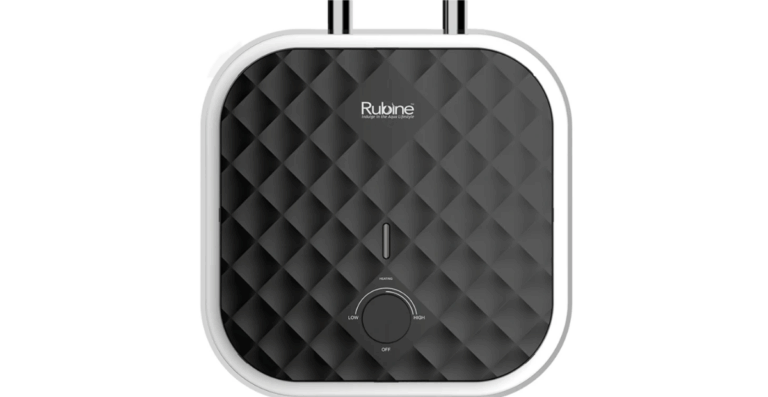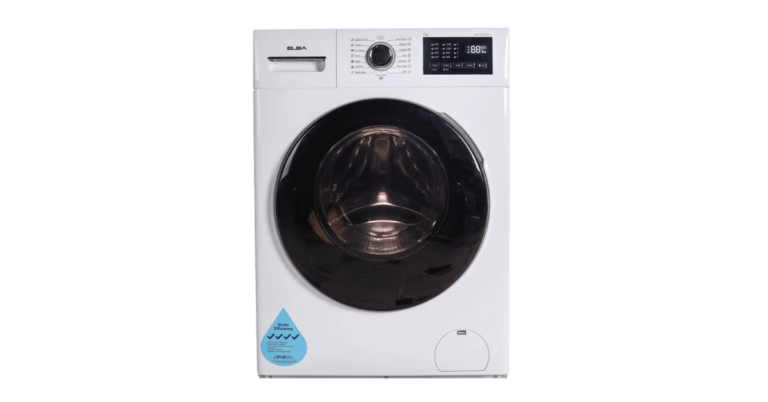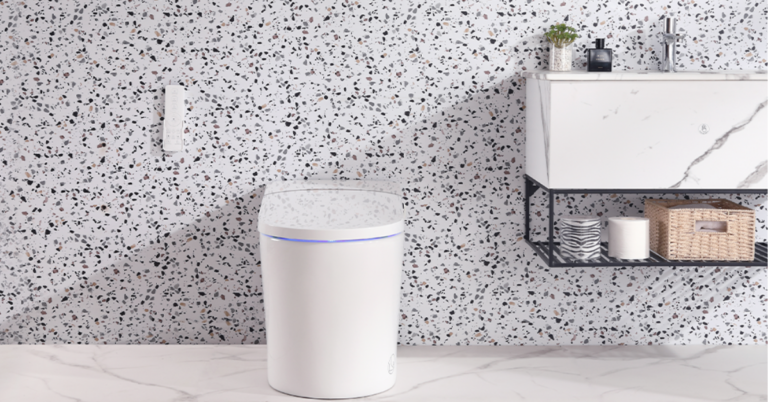Marine Air Conditioners: Reliable Climate Control for Cruise Ships and Vessels
Temperature regulation is vital in any enclosed environment—but aboard a ship, it’s absolutely essential. Marine Air Conditioners are specifically engineered to withstand the unique conditions found at sea, offering cooling performance, durability, and energy efficiency in tight quarters. Whether you’re outfitting a passenger cruise liner, commercial vessel, or private yacht, selecting the right marine-grade air conditioning system ensures passenger comfort and system reliability.
Why Marine AC Systems Are Different
Marine air conditioners are built to endure harsh maritime conditions such as high humidity, salt exposure, continuous vibration, and fluctuating temperatures. These systems also need to operate efficiently within compact mechanical spaces and often run 24/7. Unlike residential or standard commercial units, marine ACs are designed for resilience, compact installation, and energy-conscious performance under duress.
Benefits of Marine Air Conditioners for Ships
1. Designed for Harsh Marine Environments
Marine ACs feature corrosion-resistant components, including anti-rust condensers and marine-grade stainless steel housing. This ensures they remain functional despite prolonged exposure to salty air and ocean moisture.
2. Energy Efficiency
With 220V 50/60Hz compatibility, these units are engineered to reduce energy consumption—critical for marine operations where power is often generated onboard and needs to be conserved.
3. Compact and Flexible Installation
Ships have limited space, especially in mechanical rooms and cabins. Marine AC units are built with compact footprints and often come in floor-standing, wall-mounted, or split configurations, allowing for easy integration into existing ship layouts.
4. Quiet Operation
Passengers on cruise ships or luxury yachts expect a peaceful onboard experience. Marine air conditioners are equipped with low-noise fans and vibration-reduction mounts, ensuring comfort without disruption.
5. Consistent Climate Control
These systems provide precise temperature regulation across all onboard areas, from cabins to control rooms. Even in tropical climates or heavy sea conditions, marine ACs maintain a stable internal environment.
Types of Marine Air Conditioning Systems
Floor-Standing Marine ACs
These units are ideal for crew lounges, common areas, and technical rooms where wall space is limited. Floor-standing ACs offer powerful cooling capacity, fast air circulation, and easy maintenance access.
Split-System Marine ACs
Split systems separate the compressor unit from the evaporator, reducing onboard noise and allowing flexible placement of indoor units. These are ideal for private cabins or luxury cruise rooms.
Central Chilled Water Systems
Used in larger ships and luxury vessels, central AC systems distribute chilled water through an insulated network to various air handlers, offering efficient cooling for entire decks or zones.
Compact Self-Contained Units
These are used in tight spaces like crew cabins or control rooms. Self-contained marine ACs integrate all components into one housing, making them ideal for plug-and-play installations.
Ideal Use Cases for Marine Air Conditioners
-
Cruise Ships: Ensure consistent passenger comfort across cabins, dining rooms, and entertainment areas.
-
Cargo Vessels: Maintain stable temperatures in control rooms and living quarters for long voyages.
-
Naval or Government Ships: Provide temperature control in mission-critical rooms and electronics spaces.
-
Yachts: Deliver quiet and efficient cooling without sacrificing space or luxury aesthetics.
-
Ferries and Offshore Platforms: Enable comfortable and regulated environments for short-haul and offshore operations.
Choosing the Right Marine AC Unit
When selecting an air conditioning system for your vessel, consider the following:
1. Cooling Capacity
Measured in BTUs or kW, ensure the unit has adequate output for the size and insulation of the space.
2. Power Compatibility
Most marine ACs operate on 220V 50/60Hz, but always check your ship’s power configuration to avoid mismatch.
3. Environmental Factors
Salt, humidity, and motion can degrade equipment quickly. Choose units with anti-corrosive coatings, waterproofing, and vibration-proof construction.
4. Maintenance Access
Marine environments demand reliability. Opt for models that allow easy access to filters, coils, and drainage systems for hassle-free servicing.
5. Noise Level
Especially important for passenger decks and control centers, low-decibel units improve comfort and reduce fatigue among crew and guests.
Features to Look for in Marine Air Conditioners
-
Digital Thermostats for easy temperature control
-
Auto-restart functions after power outages
-
Eco-mode or energy-saving settings
-
Drainage management systems to prevent excess condensation buildup
-
Custom marine brackets and anti-vibration mountings
Why Choose Floor-Standing AC Units for Marine Use?
Floor-standing marine ACs provide a space-efficient cooling solution for large or semi-open spaces aboard a ship. These units offer:
-
High output cooling for large cabins or common areas
-
Ease of relocation if the ship’s configuration changes
-
Minimal installation hassle—ideal for retrofit projects
Maintenance Tips for Long-Lasting Operation
-
Clean air filters regularly to maintain airflow efficiency.
-
Inspect for salt buildup or corrosion on coils and housing.
-
Check drainage systems to prevent water damage or mold.
-
Secure mounting and ductwork to prevent vibration issues in rough waters.
-
Schedule routine professional servicing, especially before long voyages.
Partnering with a Trusted Marine Equipment Supplier
Choosing the right supplier is as important as choosing the right product. Reliable marine HVAC vendors offer:
-
Access to genuine spare parts
-
Global power configuration compatibility (50/60Hz)
-
Warranty support
-
Consultation on marine HVAC planning and installation
Sourcing your equipment from a marine-specialized distributor ensures that the unit you buy meets safety, efficiency, and performance standards.
Final Thoughts
Marine air conditioners are more than just cooling machines—they are critical systems that safeguard health, comfort, and onboard operations. Whether you operate a cruise ship, a cargo vessel, or a high-end yacht, having the right AC unit installed will enhance the onboard experience and ensure year-round functionality.
With features like corrosion resistance, noise control, compact design, and efficient power usage, marine-grade floor-standing AC units are the perfect solution for modern maritime needs. Don’t compromise on climate control—equip your vessel with a marine AC built for performance at sea.







